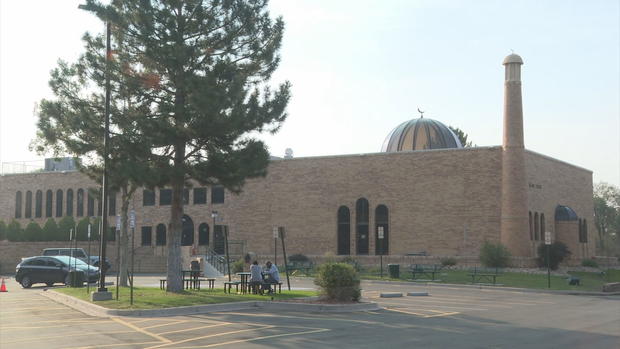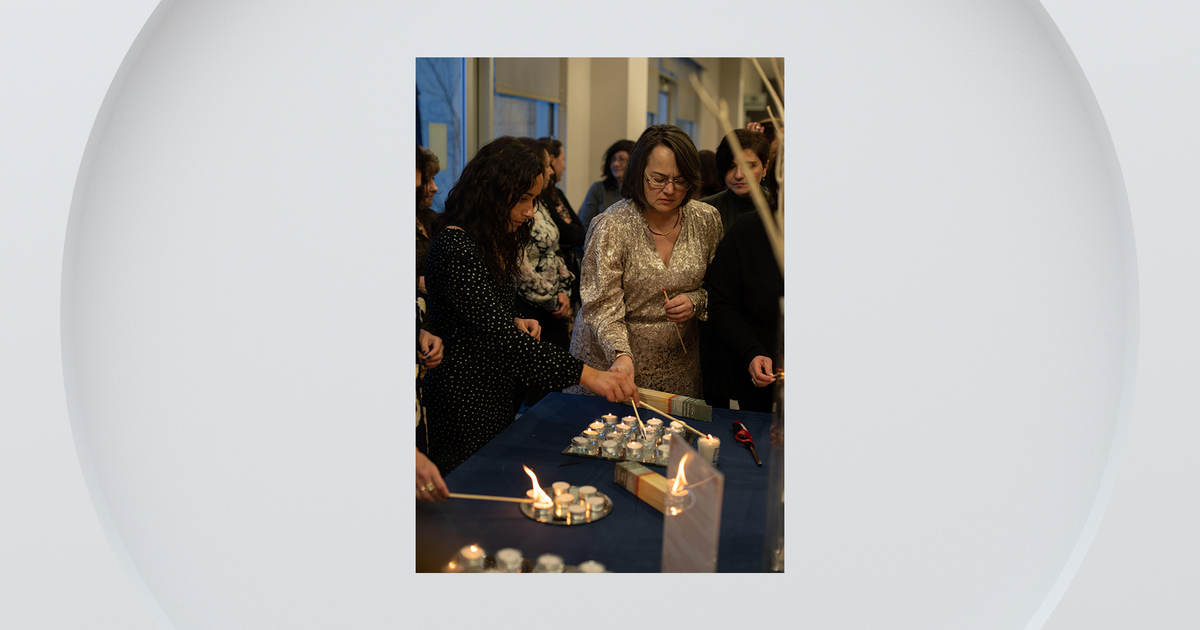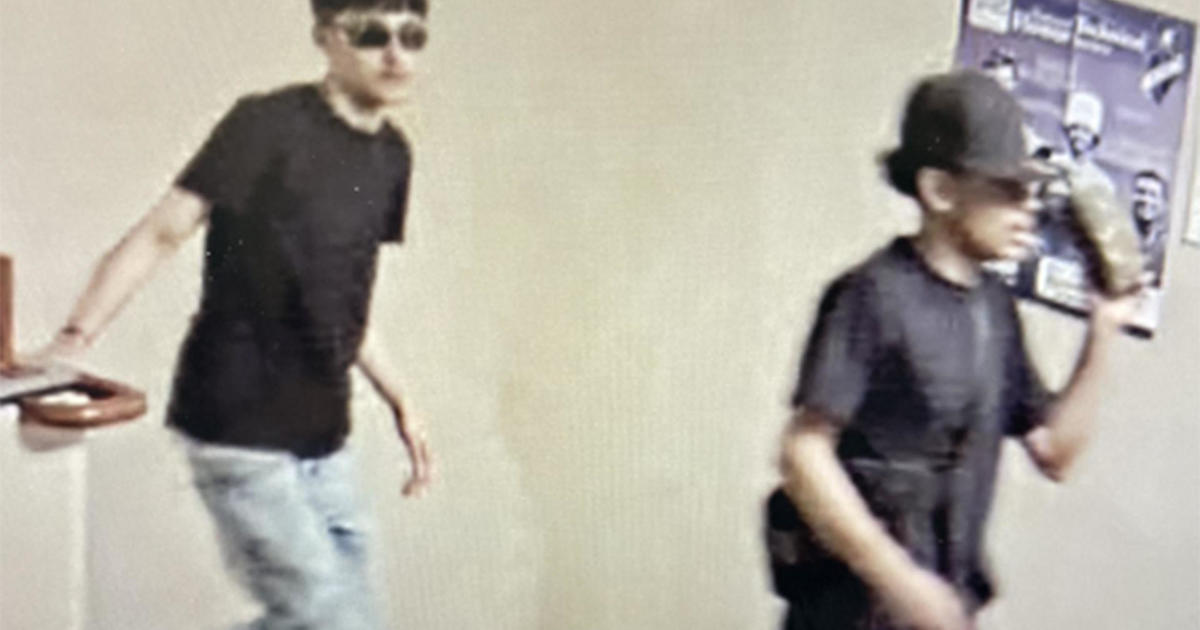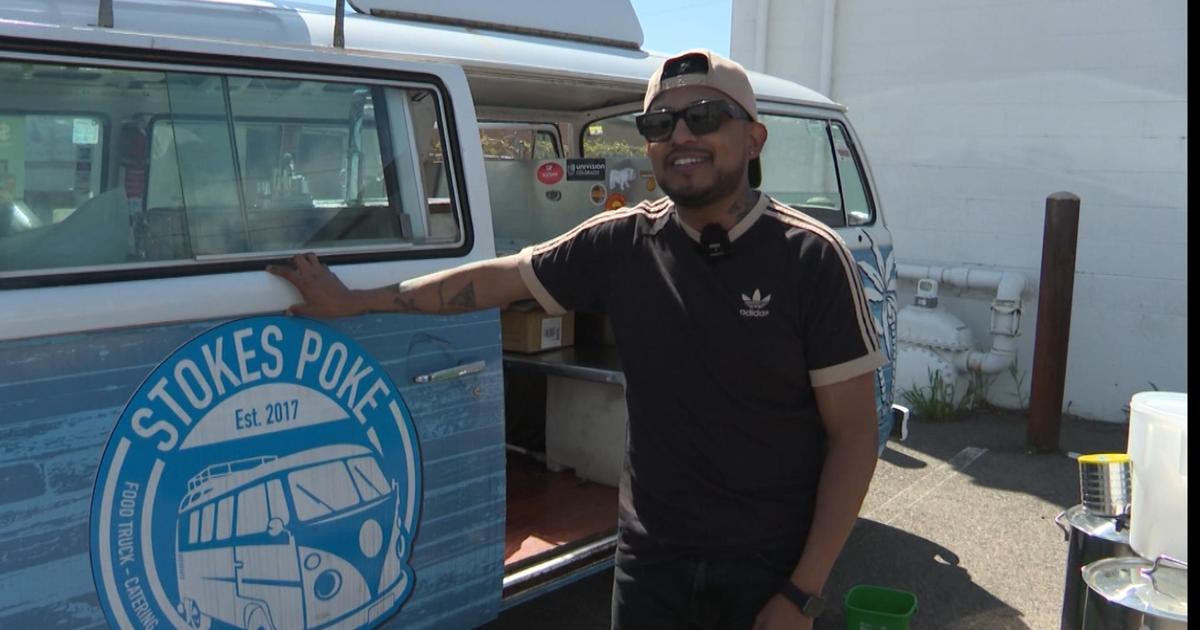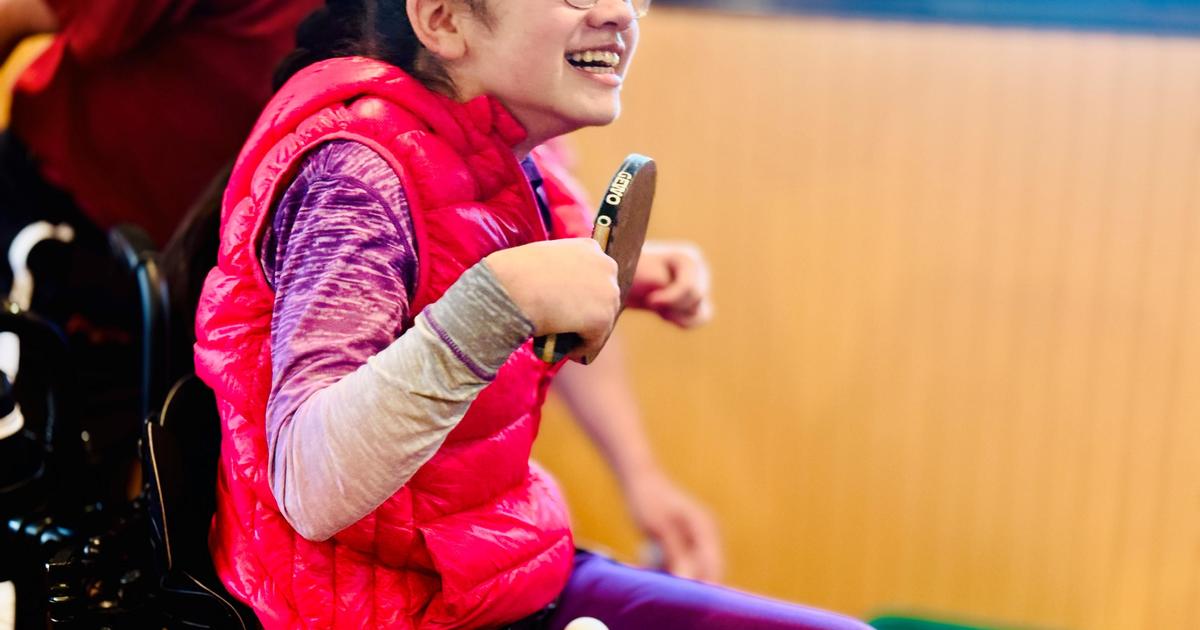Muslim Community In Colorado Reflects On 20th Anniversary Of 9/11 Attacks
AURORA, Colo. (CBS4) - Muslim families who call Colorado home represent a wide range of cultures as U.S. immigrants or who were born in this country. They range in age and experiences, but all have felt the effects of 9/11 on their community 20 years later.
"I don't remember the day vividly, but I remember its impact vividly," said Ayah Ziyadeh, a graduate student in Denver. "When 9/11 would come, I would feel so uncomfortable."
Ziyadeh has lived in Colorado most of her life, avoiding some of the most difficult forms of discrimination as a resident in Aurora. She says the diversity there made it feel sheltered compared to other parts of the country.
It wasn't enough for her to deal with imposter syndrome, especially as an Arab and Muslim woman.
"I've had a lot of nasty stuff said to me starting from like 3rd grade going into 7th grade and into 9th grade," she told CBS4.
The ignorance she faced in grade school didn't necessarily go away when she went to college and started her master's program. She says people still don't realize they are saying offensive comments, which only adds to the imposter syndrome.
Her parents arrived to the U.S. when they were just becoming adults, and even though they were immigrants and her mother wore a hijab, they felt welcome in Colorado. But they saw a change in attitude among their own neighbors and friends after the attacks on Sept. 11, 2001.
"To the point where she was made to feel so uncomfortable and so unsafe," Ziyadeh said of her mother.
The challenges her parents faced she still sees years later with her younger siblings. Her sister did not feel at home even though she was born in the U.S. and her brother wanted to change his name so people did not know he is Muslim.
She has also seen progress for her community.
"I think there was a sense of numbness and disbelief that this was actually happening on American soil," said State Rep. Iman Jodeh.
Jodeh represents House District 41, which includes Aurora. She became the first Muslim and Arab American in the Colorado legislature back in January. She was a sophomore at the University of Colorado Denver when 9/11 happened.
She remembers the concern her community had for those serving in the U.S. military. A fear that would stay with them for the next 20 years. Jodeh also had family in New York at the time.
Even before 9/11, she grew up with scrutiny for her community with the first war in Iraq. Her family received threatening calls during her childhood. She knew education was needed and after 9/11, she helped to open up mosques to the public showing it was a community center, not just a house of worship.
"I think it speaks to Coloradans' ability to reach out in allyship and solidarity with the Muslim community," she told CBS4.
The willingness for people to educate themselves and others showed different communities have more in common than not. She wanted to show that Muslims in the U.S. felt they were attacked too on Sept. 11, 2001.
Her work continues in the legislature helping to launch the Office of New Americans, which assists immigrants and refugees settle in Colorado.
"9/11 did not define us," she said. "I'd rather have Muslims and Arabs be elevated and use this opportunity to come together."
Mariam Sabr is an educator in Colorado who was living in Saudi Arabia at the time of the attacks. She remembers watching the images come in from around the world while she was in Riyadh. She lived in Colorado prior to that, converting to Islam while in the state. She remembers a sense of curiosity around her religion before the attacks.
"Most people expect I'm a Muslim, I should have brown eyes, I should have darker skin," Sabr said.
She acknowledges that other Muslims have experienced more discrimination since Sept. 11, but Sabr says people are often kind and welcoming to her. She also sees the need to educate those less familiar with her faith. She says only a fraction of all Muslims even speak Arabic, but also their food, wardrobe, and traditions all differ around the world.
"It's an interesting opening of a door to a conversation, which I really appreciate," she told CBS4.
People are surprised by her English when they see her and she uses that opportunity to help them open their minds to who can be a Muslim locally and globally. She says that especially after 9/11, people have been siloed from each other and should take time to learn about each other.
"Try to connect with those individuals, even though they may be different but connect with them on an individual basis so that we really understand more about one another," she said. "We really need to be more kind to one another, be more loving to one another, and just try to understand each other."
Gulsum Katmer is a mother of two living in Aurora, she has lived in other states around the U.S., but came to Colorado in 2013. She was a high school student in Turkey on 9/11, she remembers the time difference, learning about what had happened in the U.S. around 5 p.m. local time.
"I felt really guilty even though I'm not guilty," Katmer said.
She didn't have any connection to the hijackers or even the U.S. at the time, but as a Muslim who kept hearing her faith mentioned by the media, she felt like society blamed her religion for what happened. It helped motivate her to do volunteer work with interfaith events including among other Muslims and non-Muslims.
As a woman who wears hijab, she says the discrimination she faced has lived with her throughout her career. It is a concern she has for her young children.
"I think my son will be okay," she told CBS4. "But I have a daughter, if she chooses to wear scarf, I know what she's going to go through."
Katmer says it will be easier for her not to wear a hijab, but it will still make her sad that her daughter would need to make that choice. Even with her experiences now and then, she is hopeful that her children will have a better future.
"Younger generations I think know better and know more," she said.
All four women have unique experiences as Muslims in Colorado, at times their religion is all that they have in common. It is that diversity within the faith they hope comes across as the country marks 20 years since the Sept. 11 attacks.
"It's really come up in a lot of parts of my life," Ziyadeh said.
She says Islamophobia has always been here, but 9/11 pushed out a greater fear among some in the U.S. The result of that has affected her and her family for years. As a Palestinian American, she wants people to remember that Muslims can be Black, White, Asian and African. The majority are not from the Middle East.
"We also have a voice, and we're in places like Congress and we're in places like Hollywood," she said. "We're everywhere."
It's another reason she wants to see more Muslim voices at the table, work she plans to take on after finishing her degree. She hopes her hometown can be an example of the various backgrounds that make up her religion, and she is proud of the progress the country has made but says there is more work to be done.
"Aurora is a melting pot of people and the nice thing about Colorado in general, is people are open to change and open to learning," she said.
